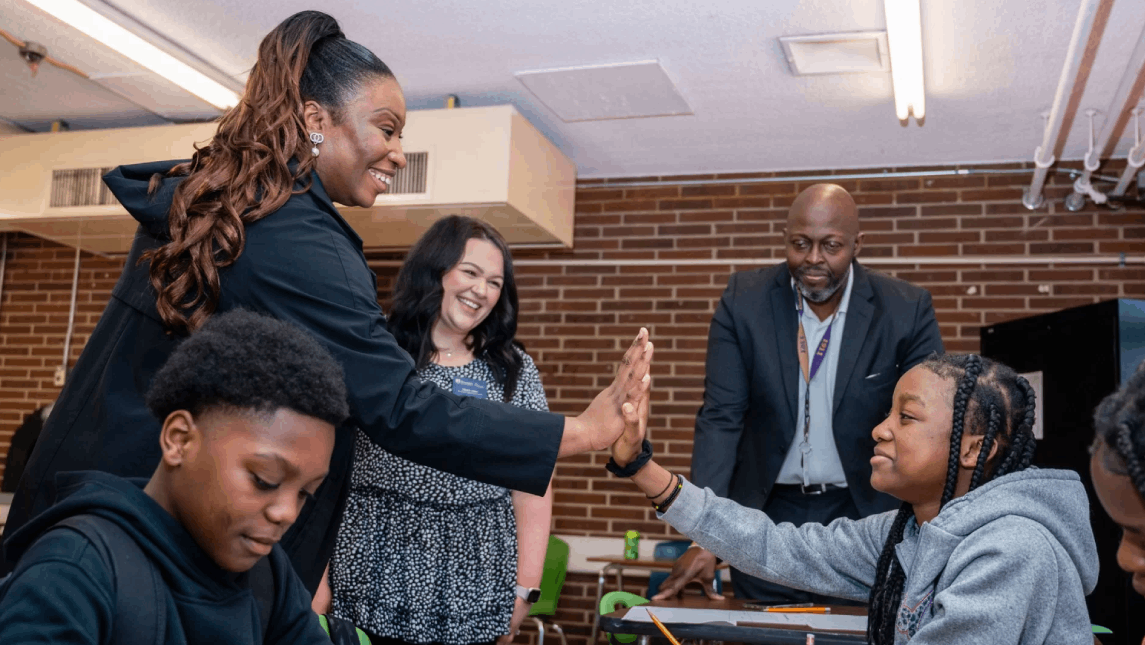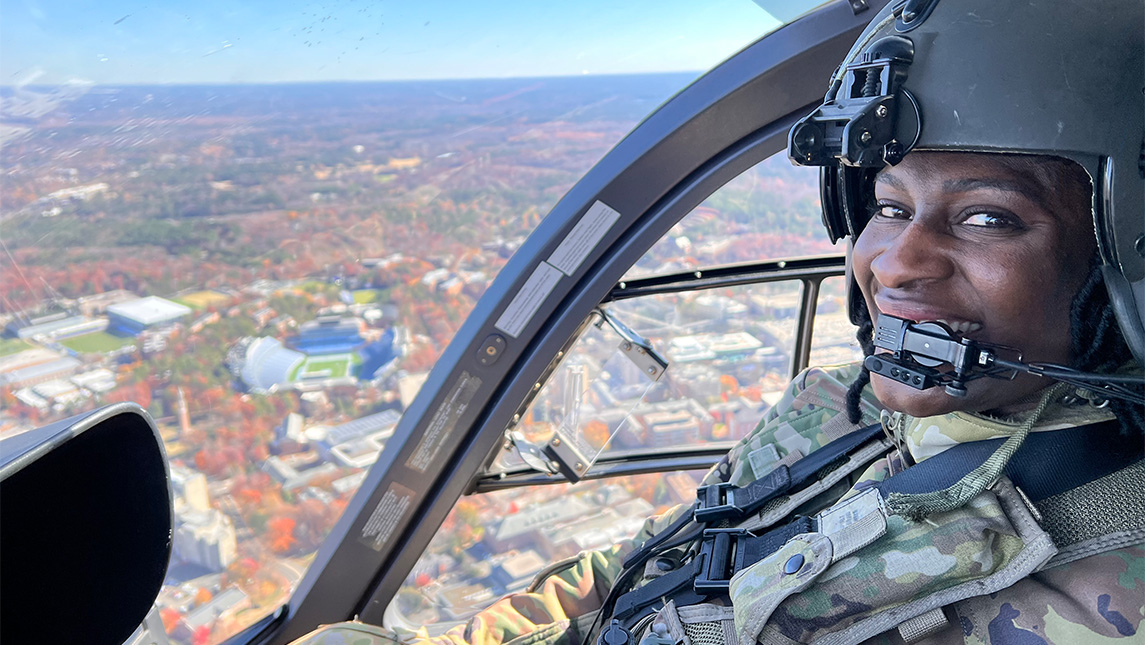When schools moved to remote status during the height of the COVID pandemic, numerous students were unable to fully participate in classes due to the lack of broadband internet access at their homes. Backed by a grant from the United States Department of Education, three members of the School of Education are joining a team led by UNC Greensboro’s Information Technology Services (ITS) unit to combat that issue.
Drs. Holt Wilson, Faith Freeman, and Sandra Ayoo will assist on a project headed by Rob Gorrell from ITS that will serve as a pilot program to provide internet access to students at two elementary schools in the Guilford County Schools (GCS) system. Wilson and Freeman are the co-directors of UNCG’s Institute for Partnerships in Education. Wilson is also an associate professor in the Department of Teacher Education and Higher Education. Ayoo is an assistant professor in the Department of Educational Research Methodology.
The plan is to add access points on buses and community centers along with putting modems in students’ homes. The group is in the early stages of the project that will impact over 1,000 students and is working to identify the partner schools.
While GCS is the third-largest school district in North Carolina, approximately half of students lack access to high-speed internet connectivity. When the district transitioned to remote learning in response to COVID, more than 7,000 students became disconnected to their classrooms due to not having internet access. GCS worked to combat that deficiency by mobilizing wifi-equipped buses to neighborhoods where connectivity was an issue.
That measure was just a stopgap, however, and the lack of internet availability for these students continues to have an impact on their educational opportunities.
This pilot program will provide data that will be important in future decisions made for K-12 broadband technology programs. This pilot will produce data on multiple technology models across multiple network backhauls, including those that are commonly available and emerging technologies.
After the initial phase that includes identifying the partner schools and testing multiple technology models, the project will field test models and hold training workshops for teachers, parents, and students. This will allow for the technology to be in place for a deployment at the beginning of the 2023-24 academic year.



